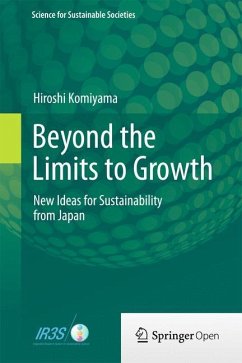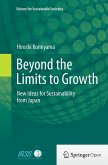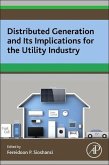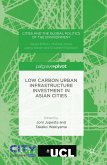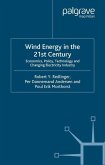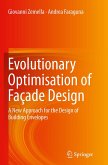At a time when contemporary challenges seem to many to be insurmountable, this book offers an optimistic view of the future and provides a road map for societies to get there. Drawing upon extensive research and many years as a thought leader in environmental and sustainability issues in Japan and internationally, Hiroshi Komiyama analyzes the most pressing challenges to the attainment of sustainability of economically advanced nations and argues forcefully for Japan to lead them out of the present dilemma through active promotion of creative consumer and societal demand. He shows how an active industry-government-academic partnership can provide the environment needed to promote such new creative demand and illustrates its potential through presentation of a Platinum Society Network that was launched on a regional basis in Japan in 2010 to facilitate the solution of common issues through the exchange of information and ideas. What is perhaps most surprising about the text is itsunwavering optimism supported by hard evidence, history, and insightful observation. Problems arising from new paradigms of the 21st century (what the author refers to as "exploding knowledge, limited Earth resources, and aging societies") thwart sustainable development in advanced and developing countries alike. All countries will struggle with issues that evolve from these paradigms including diminishing resources, expanding budget deficits, and growing global environmental problems. This window on potential practical pathways and solutions should be of interest to all those engaged in seeking ways to meet these contemporary challenges.
"This book on sustainable development ... is an exceptional text, scientifically supported, very well written and agreeable to read that approaches in a very clever and optimistic way that issue. Due to the very well achieved conceptual frame, practical examples, new ideas and clues on the sustainable development subject it can serve as book text in graduate and post-graduate courses. Also indispensable for policy makers, managers and economists. Important for the whole people concerned with Earth future." (Manuel Alberto M. Ferreira, International Journal of Latest Trends in Finance & Economic Sciences, Vol. 6 (1), March, 2016)

